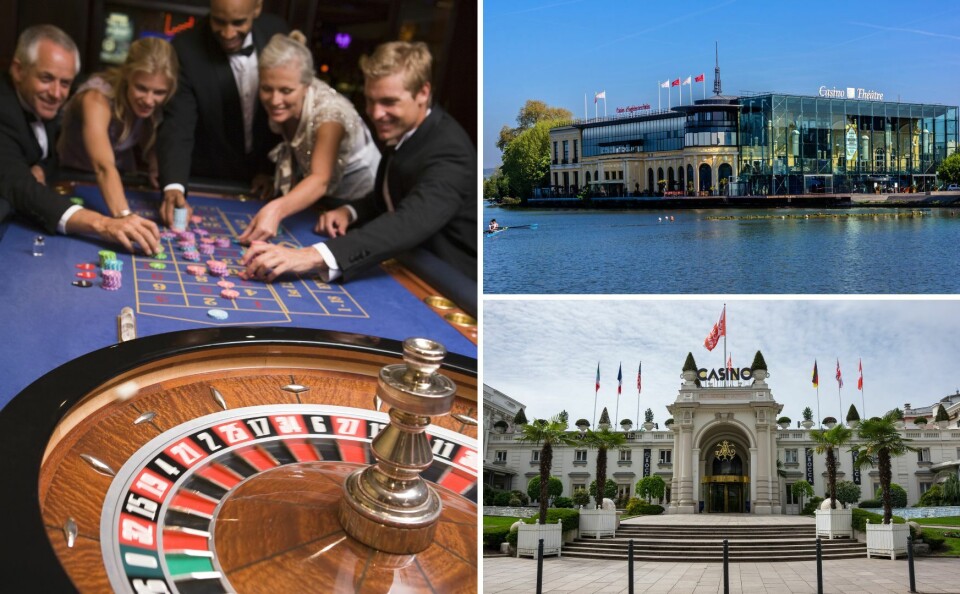-
Rugby vocabulary to know if watching the Six Nations in France
From un tampon to une cathédrale, understand the meaning of key French rugby terms
-
The five other capitals of France before Paris
Several other cities have held the honour for various reasons
-
Duck Cold! Four French phrases to use when it is freezing outside
We remind you of French expressions to use to describe the drop in temperature
History of casinos in France: How Napoleon started a gambling boom
When Napoleon legalised spa town casinos in 1806, he paved the way for a thriving industry today

French casinos are required to be built around a balneario, spa town or health resort.
The requirement comes from a 1806 law enacted by Napoleon who legalised casinos in thermal and balneario complexes in an attempt to curb illegal gaming and attract French people towards other regions of France.
People like to be seen
The decree has seen many amendments, exceptions and additions over the last 200 years to include casinos in areas that do not meet the initial requirements.
But it has left a lasting impact on French people, many of whom still associate casinos with being near the seaside or lakes by law.
“Napoleon understood that gambling existed in areas where people liked to meet-and-greet but, especially, to be seen – such as in health resorts,” said Marie-Reine Jazé Charvolin, a real estate expert and author of a study on spa resorts.
Indeed, Aix-Les-Bains’ municipality had decided to build an area dedicated to ‘games’, a broad denomination aimed at diluting gambling activities, next to its spa centre in 1797.
Read more: Le jeu n'en vaut pas la chandelle and more French ‘game’ phrases
Napoleon’s law served economic and touristic purpose
The law motivated many cities along the coast or known for being spa resorts to build casinos in an effort to attract tourists’ money.
Casinos mushroomed around France, such as in Biarritz (Pyrénées-Atlantiques, 1858) with the Bellevue Casino or Deauville and Trouville-sur-Mer (Normandie, 1912), the latter generating enough attraction and money to develop as a fully-fledged city.
But the law has changed over time to ease most of the restrictions.
Read more: Mill worker’s wheel expertise broke Monte Carlo’s bank
Slot machines banned until 1987
In 1907, health resorts were included in the list of cities allowed to open a casino, while in 1919, a law was ordered to forbid the construction of any casino around a 100 kilometre-radius around Paris – only to include an exception in 1931 for Enghien-Les-Bains (Val d’Oise), a spa resort 20 kilometres north of Paris.
Roulette, black-jack and craps, three popular gambling games in the United States, were authorised through a decree in 1969 while slot machines were forbidden until 1987.
Regulations softened to save industry
The abundance of laws and regulations around the casino hampered the industry, with the amount of casinos declining year-on-year, and motivated the government to soften the rules around gambling activities.
An amendment in 1988 authorised casinos to be built in cities of more than 500,000 inhabitants with a 40% participation in established cultural activities such as operas or theatre centres.
Lyon (Rhône-Alpes) and Bordeaux (Gironde) were then able to open casinos while not being considered spa resorts or balneario cities.
Municipalities can debit up to 15% of the amount of cash generated by the casino.
Some 202 casinos were officially recognised by the government in 2021.
Related article
Urban myth or true: Is it illegal to call a pig Napoleon in France?
Did you know? A decoy Paris was planned in WW1 to trick German bombers
French roundabouts are also about revolution of a political kind
























